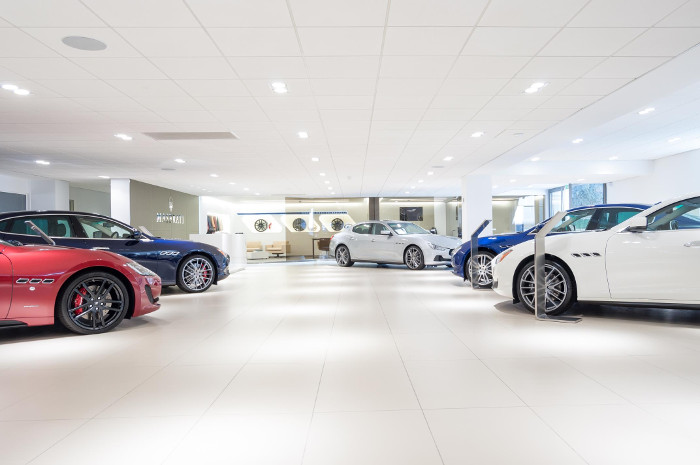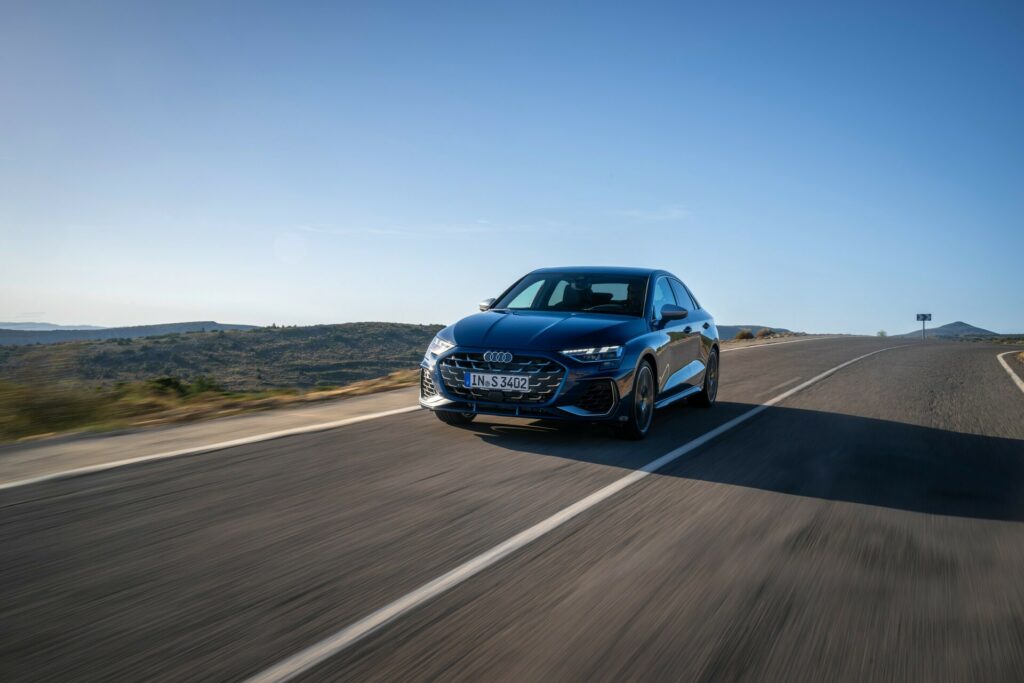This is the age old question, and one that isn’t easy to rationalize. There are basically two schools of thought here: buy a used car if you have a wad of cash and are looking for something interesting, buy a new one if you want to make a sensible choice.
Both these notions no longer hold water in light of the evidence that there are decent second hand cars that are reliable and brand new ones that come with a deplorable list of problems. The key to making the right decision is to identify your expectations and deduce the possible outcome of your decision.
And if that isn’t easy enough for you, we are going to share some of the lessons we have learnt over the years due to the egregious lack of foresight on our part. Following is a list of things to consider when buying a vehicle:
Budget
Surmise a collective figure that you are willing to pay each month for the luxury of owning this vehicle. Do not allow yourself to deviate too far from that figure, no matter how enticing the dealer’s sales pitch might be. Pay only what you can afford, do not settle for something in order to appease his ego or assertive stance. It’s your money – period.
Maintenance Cost
Besides monthly payments, petrol and servicing costs need to be considered as well. Remember to do your research to gauge how much running costs will be. This is an area that many neglect to consider because they assume that the monetary value is proportional to buying a Coke or Pepsi. In the case of a used car, chances of a mechanical failure arising is greater than that with a new one.
Depreciation
If you are the kind who keeps his/her cars for more than 7 years, then you can skip this part. For those of you who swap their every few years, then this is of paramount importance to you. A vehicle’s depreciation is heavily dependent on desirability and demand.
The more sought after a vehicle is, its rate of depreciation will be considerably lower than one that isn’t appreciated that well. The rule of thumb is, buy a Japanese vehicle if you are looking to sell it off in a few years. Over time, it will depreciate far less than those of certain continental makes.
Reliability
Certain cars are plagued with reliability issues, regardless of whether they are new or used. An inherent flaw in the design can cause a chain reaction that could lead to probable and frequent faults down the road. However, new cars are backed by lengthy warranty periods that should nullify repair costs for at least 3 to 5 years. In any case, exercise rationale and speak with a current owner, this way, you will have the necessary facts to make an informed decision.
In conclusion, buying a vehicle may not be as difficult as rocket science, but it isn’t as easy as many might lead you to believe. Do your homework and run your decision past your trusted mechanic for his point of view. Last but not least, buy a vehicle that you would be happy to own and not one that though sensible, drains your joy and effectively, the will to live.











